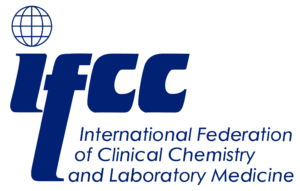Serum adalimumab concentration is a biomarker of treatment response but therapeutic drug monitoring (TDM) is yet to be implemented in routine psoriasis care. We incorporated adalimumab TDM in a national specialized psoriasis service and evaluated it using the RE-AIM (Reach, Effectiveness, Adoption, Implementation, and Maintenance) implementation science framework. We undertook pre-implementation planning (validating local assays) and implementation interventions targeted to patients (pragmatic sampling at routine reviews), clinicians (introduction of a TDM protocol), and healthcare systems (adalimumab TDM as a key performance indicator). Over 5 months, 170 of 229 (74%) individuals treated with adalimumab received TDM. Clinical improvement after TDM-guided dose escalation occurred in 13 of 15 (87%) nonresponders with serum drug concentrations 8.3 μg/ml; n = 2) or positive antidrug antibody (n = 2) (PASI reduction of 7.8 [interquartile range = 7.5-12.9] after 20.0 weeks). Proactive TDM led to dose reduction in five individuals with clear skin and subtherapeutic or supratherapeutic drug concentrations; four (80%) sustained clear skin after 50 weeks (range = 42-52). Adalimumab TDM based on pragmatic serum sampling is clinically viable and may lead to patient benefit. Context-specific implementation interventions and systematic implementation assessment may bridge the biomarker research-to-practice gap.

